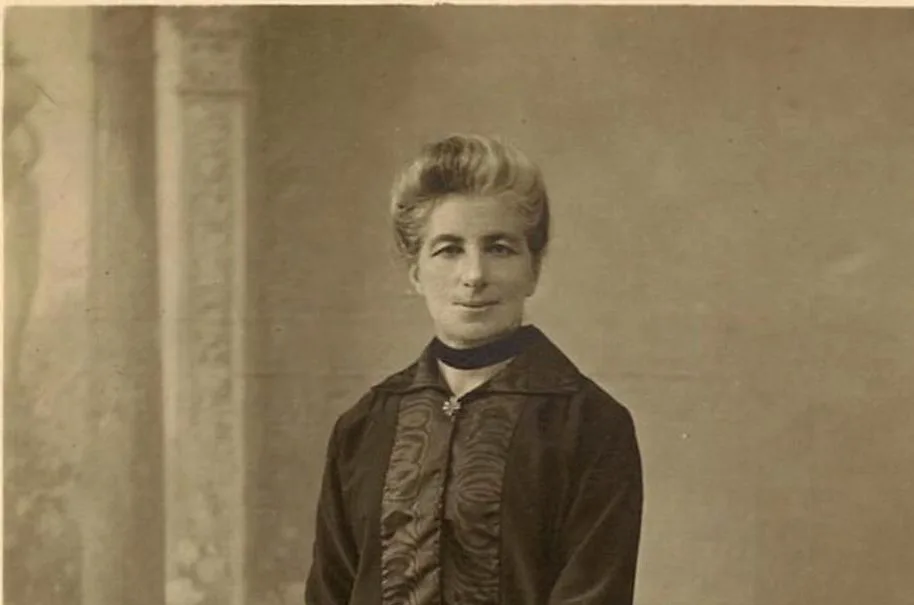Who Was Lidia Poet
The Netflix series The Law According to Lidia Poet, released on February 15, is a story inspired by the first Italian woman lawyer, Lidia Poet. In the late 1800s, Poet becomes a leader for women’s rights in Italy, and the series follows her as she solves mysteries while working as a lawyer at her brother’s office.
Each episode of the six-part Netflix web series explores a different case and highlights her wit and drive. The title character of the programmed, Lidia Poet, is played by actress Matilda De Angelis.

You may not have learned about her in school, but we stan Lidia Poët as a feminist icon. This is her story:https://t.co/YvZfZAXLLi
— Netflix Tudum (@NetflixTudum) February 17, 2023
Who Was Lidia Poet
In order to pursue her ideal career as a lawyer, Poet had to put up with a great deal of humiliation and prejudice as well as make sacrifices. She was the first woman to be registered as an attorney in Italy. Poet was just as qualified to represent clients as a male attorney, but she was denied entry to the courtroom due to her gender. At the age of 65, she was able to return to the bar.
She was informed of her “role as a woman” and that her qualifications were “insufficient.” Her attendance in court was viewed as “scandalous.” Others made fun of her for choosing a male-dominated job and believed that her gender would affect her judgement.
Lidia Poet was raised in the affluent Valle Germanasca neighbourhood near Turin. She was born in 1855. In Aubonne, Switzerland, at the College of the Ladies of Bonneville, she obtained a teaching certificate for high school. She later earned a certification to teach English, German, and French.
She completed her high school education in Italy as well, after which she enrolled in the University of Turin’s law programme. She earned her law degree and presented a thesis on the status of women in society and their right to vote. She then began practising law in Pinerolo, where she worked for senator and attorney Cesare Bertea.
Before submitting an application for membership in the Turin Bar Association, she received a practicum grade of 45 and a bar exam grade of 50.
After Poet’s application was placed to a vote and received 8 votes in favour and 4 against, two attorneys resigned from the bar in protest. On August 9, 1883, Lidia Poet became the first Italian woman to be allowed to the practise of law. According to President Xavier Francesco Vegezzi and four other council members, under Italian civil rules, women are citizens like men.
But, shortly after the order was issued, the Attorney General of the then-Kingdom of Italy contested it and filed an appeal with the Turin Court of Appeals. On November 11, 1883, Lidia poet lost her licence. Nonetheless, despite being unable to represent clients in court, Poet persisted and carried on her legal profession with her brother John Henry.
After the passage of Law 1176 of 1919, which permitted women to hold certain public office, Lidia Poet was finally able to reregister as a lawyer with the Turin Bar Association in 1920, at the age of 65.
She never got married and passed away in the seaside resort of Diano Marina at the age of 94.